A most excellent fellow, Roger Allam. On the stage he brings dignity to all he does, in the noblest traditions of the British theatre. Off it he is a fully paid-up member of the human race, admired by his comrades as a man no less than as an actor. Some mummers, eager to let off steam, occasionally let the side down. Allam is the sort of chap — star and team player — who brings the profession into repute.
Three times a winner of an Olivier award, twice for best actor, he is currently to be found on the West End stage in The Moderate Soprano, David Hare’s touching portrait of John Christie, Etonian, commissioned officer, eccentric and founder of Glyndebourne Festival Opera on the family estate in Sussex. ‘I’ve grown to love the man,’ says Allam. ‘He was an early car enthusiast and in 1911, with a couple of friends from Eton, he took a boat to France, and towed a barge behind with a car in it.’
Christie, bald and shambling, is many a meadow from Fred Thursday, the robust police officer Allam has played in Endeavour for the past six years. His double act with Anton Lesser, cigarette squeezed precisely between fore and middle fingers, has become one of the great television treats of our day. But Allam has covered pretty much everything in his four decades: Shakespeare and Chekhov; Michael Frayn and Tom Stoppard; Cy Coleman and Jerry Herman. He was also, let us not forget, the original Javert in Les Misérables.
He’s an authentic cockney, born in Bow, where his clergyman father had a parish before moving to St Mary Woolnoth in the City, and later to Muswell Hill. Allam was schooled from the age of ten at Christ’s Hospital, near Horsham, ‘an utter misery to begin with’, before he found his feet, acting for the first time at 16 as Guildenstern in Hamlet. ‘The thing that has stayed with me is that I was at a school where being clever and intelligent was valued. The headmaster used to speak to sixth-formers, Grecians we were called, on philosophy from the Greeks to Wittgenstein. It was an atmosphere of learning.’
By the time he reached Manchester University, where he studied drama, he had already absorbed quite a lot of theatre lore. He saw Olivier and Scofield at the Old Vic (‘Scofield sounded like he was speaking into my ear, without any effort’), and caught Peter Brook’s celebrated staging of A Midsummer Night’s Dream. ‘That was injected into my head. It was so coherent, so beautiful. Everything had been thought about. When I did the Dream years later at Stratford I could still hear it in my head.’
Those early days at the RSC, when Peggy Ashcroft called Allam ‘the finest verse-speaker in the company’, underlined what Christie says in Hare’s play: ‘It’s the starting out that’s fun.’ When Allam went to Stratford, ‘Trevor Nunn was a young man, John Barton was around, and the company was in its first flush of success.’ These days it’s increasingly hard to pin actors down to seasons in Stratford. ‘They want to do high-profile, well-paid jobs. It’sa different landscape.’
Did he do his prep at Glyndebourne for the play? ‘I was taken twice, to Don Giovanni and Der Rosenkavalier. The productions were not terrific but musically they were fantastic evenings. There’s a line in the play about “snobs on the lawn”. I came to theatre as a teenager by going to the National Theatre when it was at the Old Vic and sitting on padded seats in the gallery for 15 pence, which was the price of a bus fare.
‘Then I discovered opera at ENO, and that was pretty cheap, and of course I went to the Proms. I heard Pavarotti in Tosca at Covent Garden, when they took out some of the seats. That’s my kind of ethos, when things of such quality are widely available.’
He might have sung professionally. ‘I took lessons at the Coliseum with a vocal coach, John Hargreaves, who charged £2 an hour, I recall, and I toyed with the idea of being a singer but I was more interested in acting. The life of a young actor then was broader. You could join a regional repertory company, as I did in Manchester at the Contact Theatre, whereas with singing it can take a long time to find out what kind of singer you are, and you’re not sure how good you are going to be. I like to do a wide variety of things, and acting, particularly in the theatre, has given me that opportunity.’
A lover of Fred Astaire (‘there’s a bounciness, I always preferred him to Bing Crosby’), Allam has made his mark in musical theatre, in Les Mis and also City of Angels and La Cage aux Folles. ‘It’s nine years since I sang on stage, and it took a huge effort to get my voice back in shape. It’s not called upon that often. I don’t think there are roles that would attract me to do a long run in the theatre.’
There are so many highlights: Trigorin in Terry Hands’s unforgettable production of The Seagull at the Swan in Stratford; Willy Brandt in Frayn’s Democracy; Privates on Parade at the Donmar; Falstaff and Prospero at the Globe; Blackbird, with Peter Stein, the great German director, at the Edinburgh Festival; Vanya at Chichester, ‘when I was happier than I have ever been’. Aladdin, too, for light relief.
And Endeavour, of course, with his mac, his trilby and those sandwiches. ‘It’s lovely working with Anton. In one show he shota tiger, and we thought it had to feel like the end of Lear, and I think we succeeded. What is nice about doing a long-running show is finding a language that gives it some depth.’
With that superb mahogany voice, and absolute command of each role, Allam provides the kind of sustained pleasure that brings to mind a golden age. Not that he is sentimental. ‘Things go in and out offashion.’ Salute a champion actor, and a capital fellow.
Got something to add? Join the discussion and comment below.
Get 10 issues for just $10
Subscribe to The Spectator Australia today for the next 10 magazine issues, plus full online access, for just $10.
You might disagree with half of it, but you’ll enjoy reading all of it. Try your first month for free, then just $2 a week for the remainder of your first year.

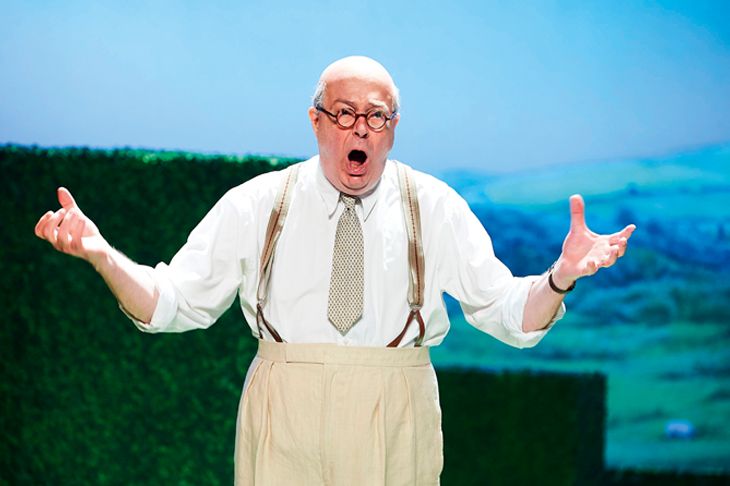
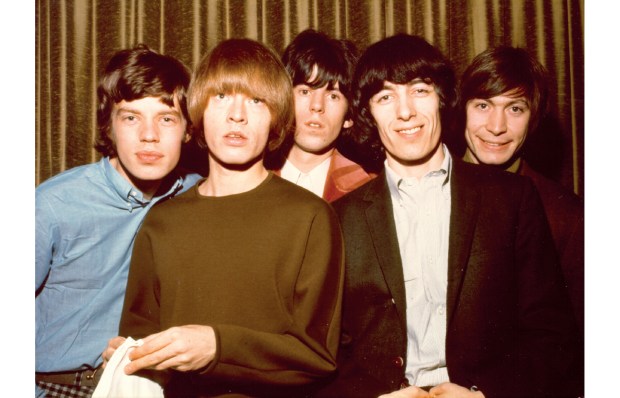
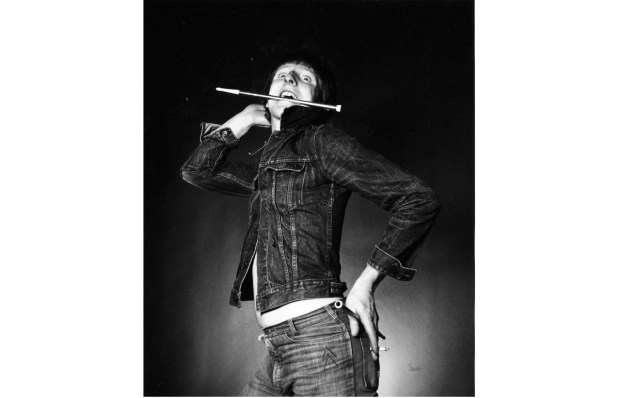
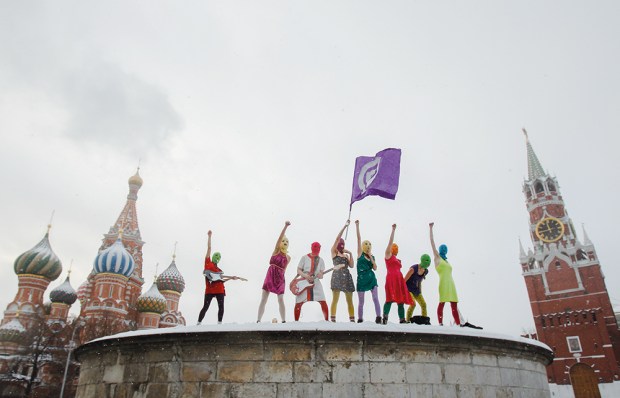
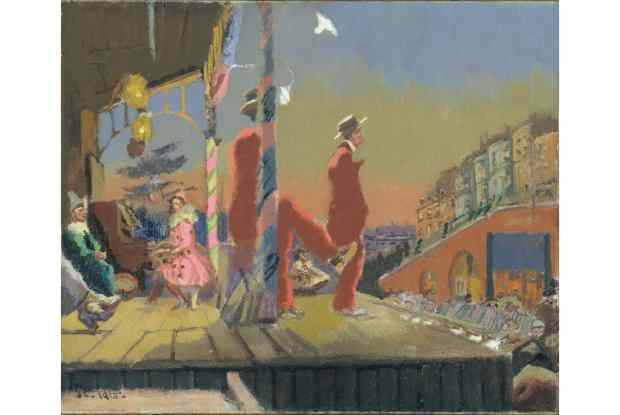

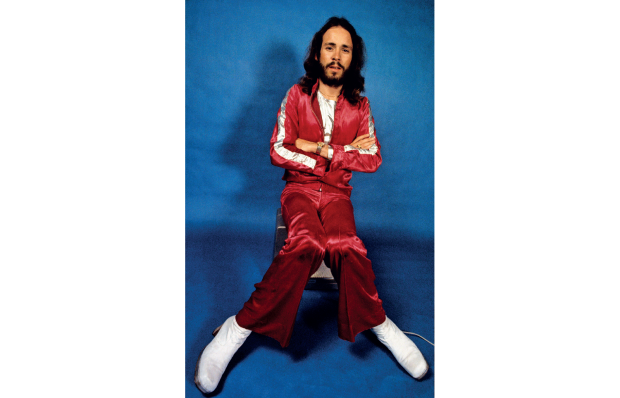






Comments
Don't miss out
Join the conversation with other Spectator Australia readers. Subscribe to leave a comment.
SUBSCRIBEAlready a subscriber? Log in